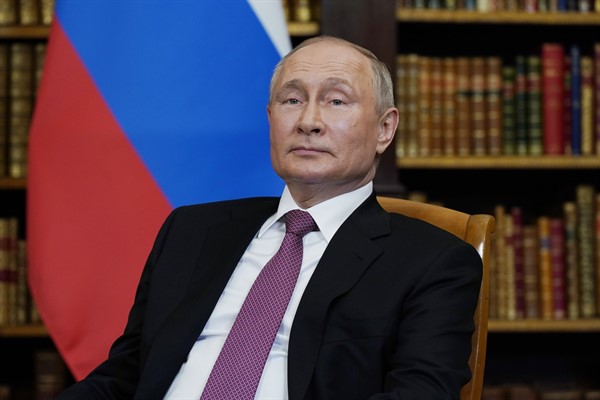In the weeks since Russia began its military buildup on Ukraine’s border, the U.S. and its allies have scrambled to respond quickly and forcefully. According to U.S. intelligence officials, the more than 100,000 Russian troops amassed so far would be capable of launching a full-scale invasion. And with NATO gathering troops of its own in Latvia, Lithuania and Estonia, it is clear that escalation is a real possibility.
And yet, Russia’s strategic decisions from the past decade—in Ukraine but also worldwide—have made it very difficult to successfully respond to its aggression. The recent buildup is the clearest expression of Russian military ambitions in years, but in that time Russian-linked violent actors have continued to strategically engage in conflicts around the globe, allowing Russia to grow its influence—and hinder retaliation.
For one, recent years have seen the rise of Russian mercenaries, who have enmeshed themselves in conflicts from the Sahel to the Middle East, allowing the Russian state to remain engaged abroad, while retaining enough distance to obscure its involvement. Most prominent among these pseudo-private paramilitary organizations is the Wagner Group, a Russian private military security contractor with ties to the Kremlin. Its operations are largely shrouded in mystery, but it is known to have been active in Syria, Libya, Sudan and many more countries in Africa and beyond. The group provides its clients with guns-for-hire as well as training and support, while also defending key Russian investments and infrastructure. As Candace Rondeaux warned in WPR more than two years ago, the Wagner Group has become a “critical conduit between repressive regimes and various subsidiaries of Russia,” including state-run arms and energy companies.

